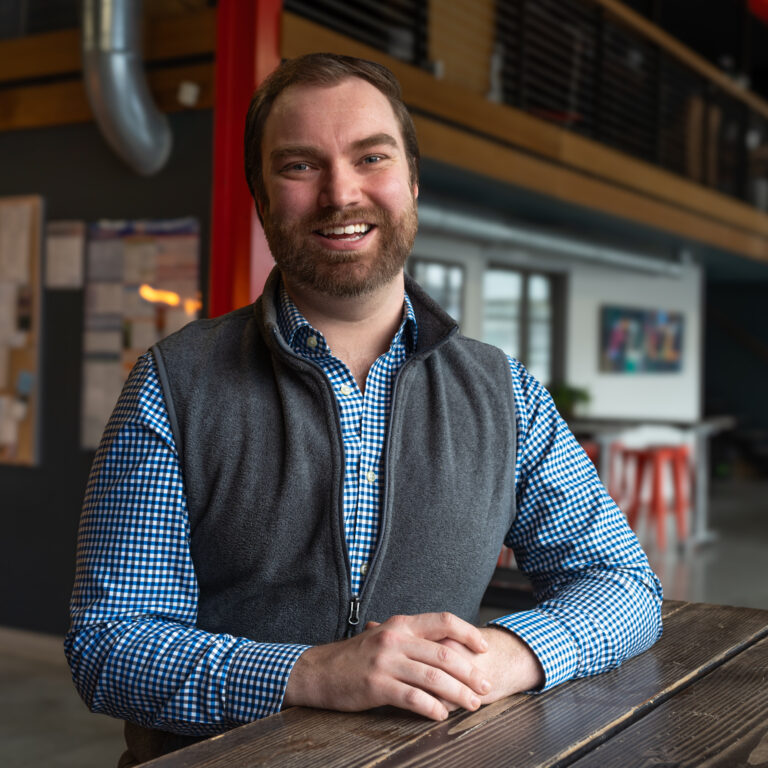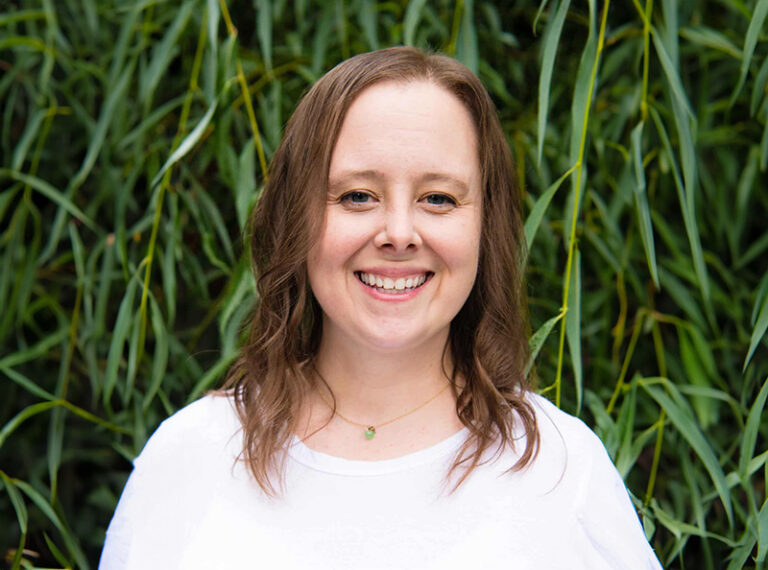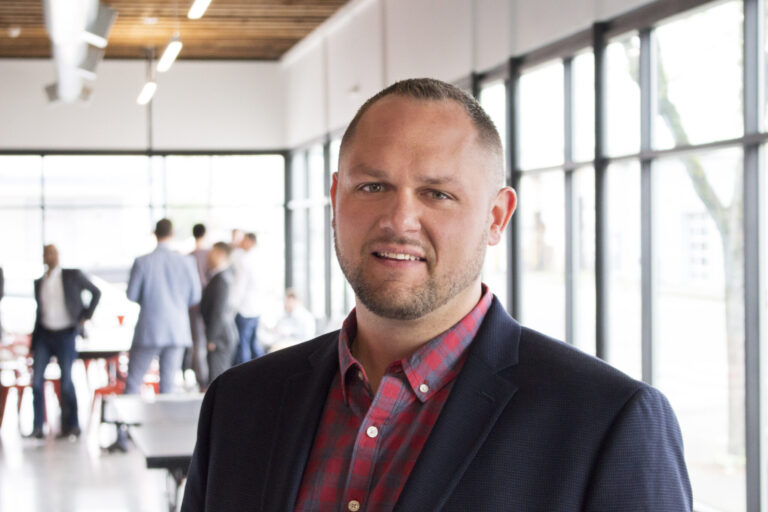
We interact with our coworkers daily, and they’re with us for the triumphant moments and the ones that feel more difficult. Their support can really make a difference for us—and our acknowledgement of their contributions can help create a more optimistic workplace culture.
Positive feedback does more than just offer kind words. According to one study, people who felt grateful in the workplace put more effort into completing their goals and attaining professional success. When communicated properly, feedback from peers can act as positive reinforcement. By letting team members know when they’ve done well, you encourage more of that behavior and help build a close-knit team environment.
Three Steps to Giving Great Feedback
While a simple “thank you” is a good first step, there are ways to make your feedback even more impactful. The following steps are key components of providing good feedback:
- Describe current behavior: Be descriptive but specific when commending your coworker.
I couldn’t help but notice how calm you stayed with that patient, even though he was anything but calm. - Identify situations: Share examples of helpful actions they’ve taken.
The way you explained the facts to him in a firm but patient way was really helpful. - Describe the impact: Be precise and objective when sharing the way that your colleague made a difference.
You helped defuse the situation for the rest of the team and the patient. Once you had talked it through with him, he was able to calm down. I really appreciate the way you handled that interaction.
Creating a Culture of Gratitude
Sharing positive feedback can help both you and the colleague you’re speaking to. Along with boosting team morale, it can help you build connections with your coworkers. If you receive this feedback, it’s an opportunity to feel proud of your work.
If you’re interested in advice for creating a culture of gratitude or implementing more formal peer recognition programs at your organization, Fuel’s Professional Development and Human Resources teams can help. Contact your regional manager or account manager for more information.


